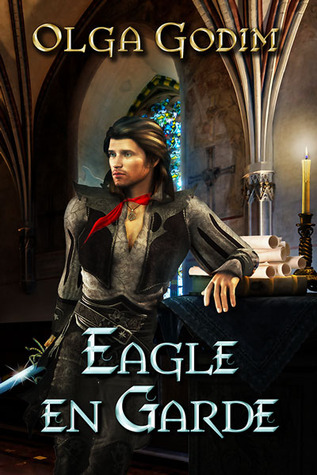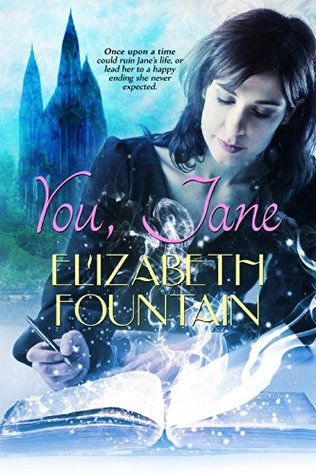“Officer, I’m sorry I was speeding.”
“I’m sorry I was speeding, Officer.”
“I was speeding, Officer, and I’m sorry.”
Hands up if you’ve used one or more of the
above. Me, me, and me. I drive like Danica Patrick, but I’m not as pretty. And
I don’t crash as often.
Since we’re talking about commas, take a
note of them in those first three sentences. See how they separate “Officer”
from the rest of the sentence? That’s a rule for you to follow: Commas set
off words of direct address. I’m sure
you’ve seen books in which the comma is omitted before the name: “I was
speeding Officer, and I’m sorry.” According to UK usage, you can do that.
Publishers in North America frown on the omission, however.
I have to admit this is a pet peeve of
mine, drilled into me by Sister Lucille in second grade. I can still hear one
of the less gifted readers in that class. “See Spot run comma pause Jane period
drop your voice. Run comma pause Spot comma pause run period drop your voice.”
Poor guy. But the rest of us sure got clued in to using commas around words of
address.
If you need a comma or two for setting off
names, you can shift them from their erroneous positions after conjunctions. But
she wasn’t speeding. And she didn’t get a ticket. So she got to the track on
time. This rule highlights another pet peeve of mine: Do not use commas
after conjunctions, even if the conjunction starts a sentence.
But, I hear you complain, you said to put a
comma where you would take a pause if you were reading aloud. (And what about
that comma after the first word of this paragraph? We’ll get to that.) A lot of
writers use a comma to indicate the emphasis put on a conjunction. I like to
drive fast. But, I hate to get a ticket. Yes, you can imitate spoken words
this way, but that doesn’t make it correct. If you want to emphasize the
conjunction, use a dash: But—I hate to get a ticket. Better yet, rewrite
to avoid the problem altogether by making the rest of the sentence stronger. I
like to drive fast, but getting a ticket is the pits. Or Even though I
like to drive fast, getting a ticket sucks.
About that But, I wrote in the
preceding paragraph. In this instance the comma is one of two setting off the
interjection I hear you complain. The sentence would be complete and
make sense without the interjection, right? It’s not essential to the sentence,
so you need to set it off with commas. The interjection can be an independent
clause (one that could stand alone as a complete sentence) a dependent clause
(I bet you can figure that out), or a single word or short phrase (But, hey,
you said…) Commas set off interjections.
Wow, three rules in one week! You’re on
your way to comma mastery. For really fun discussions, see Lynne Truss’
wonderful book Eats, Shoots & Leaves. Really detailed but not so
much fun discussions can be found in CMOS (Chicago Manual of Style).
Next time: Comma comma comma chameleon
Cranky Old Grammar Lady, aka Nikki Andrews, is an editor at Champagne Books and a writer of mysteries and scifi. Visit her blog here for more grammar fun.


